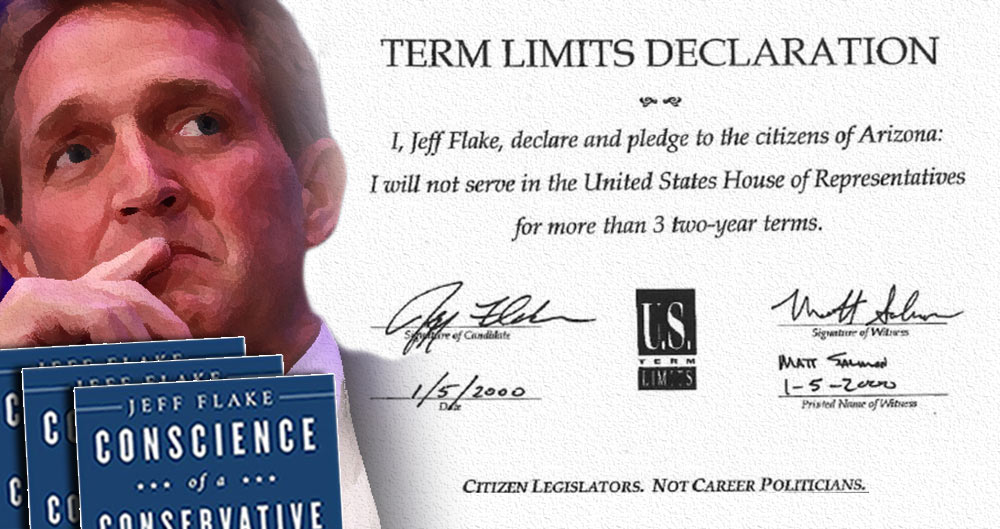These United States are approaching a crisis. Mounting debt seems increasingly unpayable. Sovereign default and financial chaos are “in the offing” — drifting from the (future) horizon to the (present) shore.
The costs of our debt load have been accommodated as astute economists predicted, with the weakest recovery in American history.
Seven years ago I wrote:
According to increasing numbers of Americans, it’s the level of spending by government that must decrease. We must balance budgets. Soon.
One could play sloganeer and say “It’s the spending, stupid”; or, twist that, to say “It’s the stupid spending.” But however you formulate the problem, what the new Republican House must do is find a way to cut spending.
They haven’t. Is there any reason, even with super-duper businessman Donald Trump riding herd, that they will make net cuts?
We can expect gross spending to increase and the debt to balloon even bigger.
Why?
Well, we are trapped.
Even the politicians themselves feel trapped.
You see, once the government begins a program, a constituency comes to depend upon it, and resists being “betrayed.” And the media supplies a steady stream of sob stories about the brutality of “austerity.” Politicians fear the passion of voters reacting to a specific hyped human need more than the general desire for less spending. So politicians increase the stupid spending.
Well, if the politicians are trapped, release them. Free them.
How? Term limits.
Congressional term limits would un-trap not just the pols — it’d free the voters, too. Let’s end the pretense that sending the same politicians to Washington term after term can produce local prosperity. Oh, the power of incumbency may lavish benefits on career congressmen, but it doesn’t pay off for the rest if us.
This is Common Sense. I’m Paul Jacob.
* It was President Harry Truman who said that term limits would “help to cure senility and seniority — both terrible legislative diseases.”
Illustration: Gustave Doré, “Avaricious and Prodigal”











